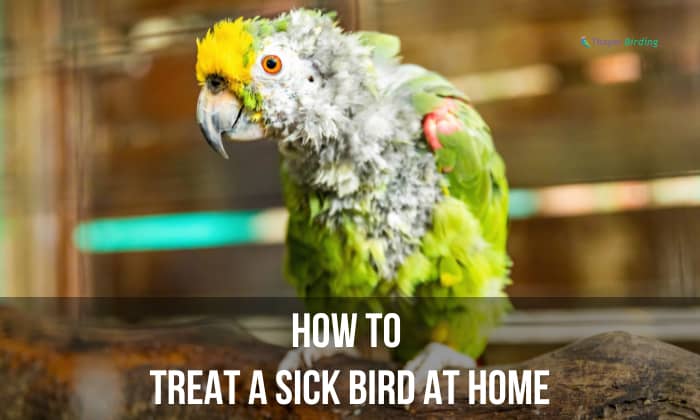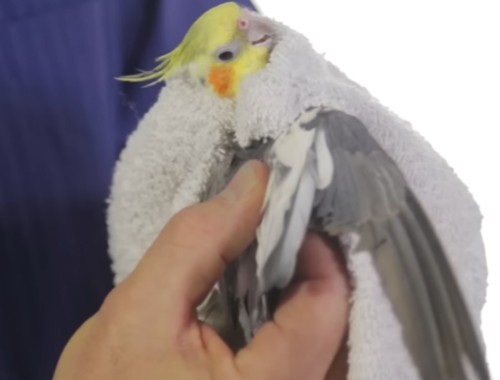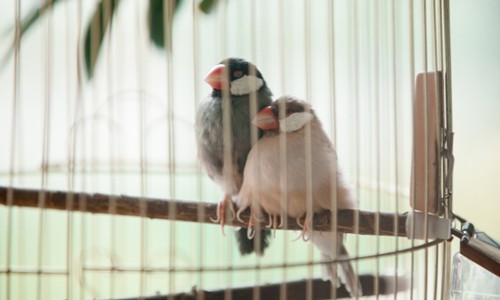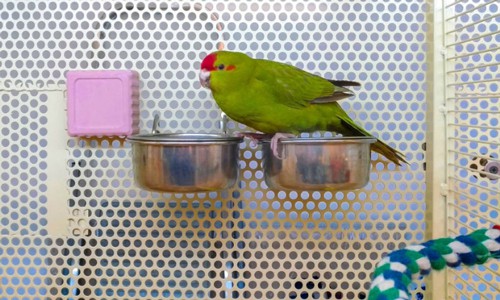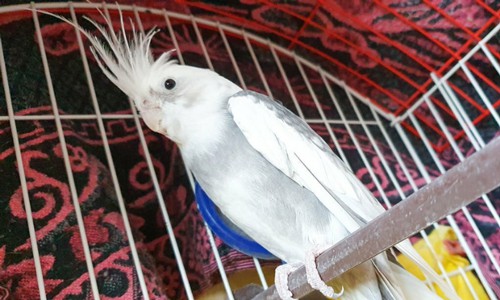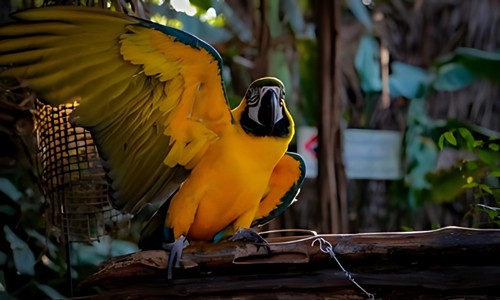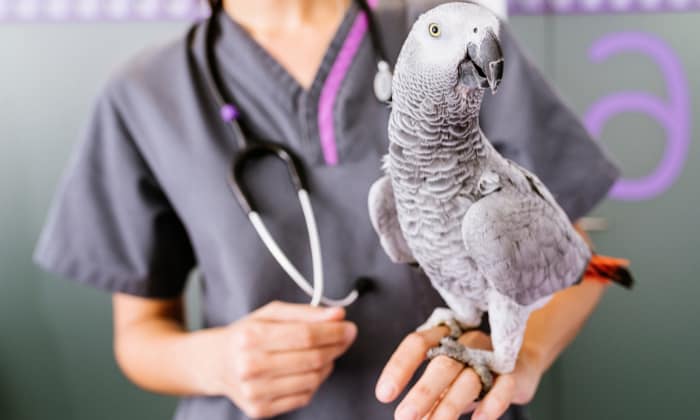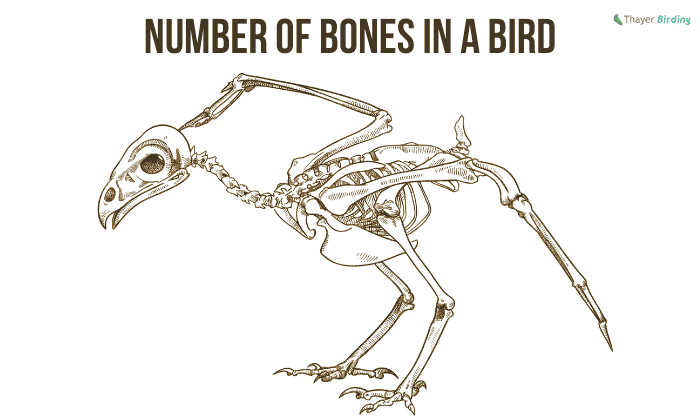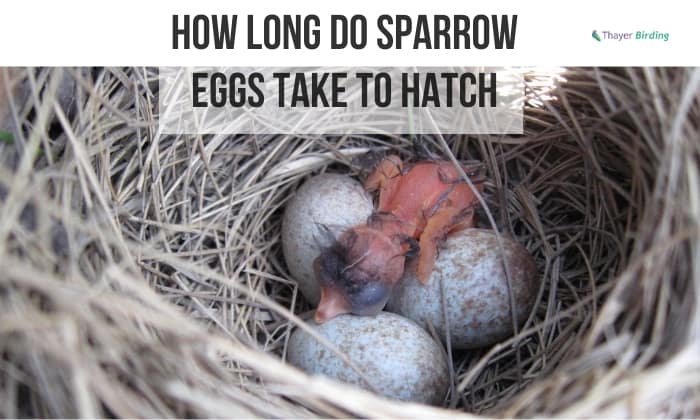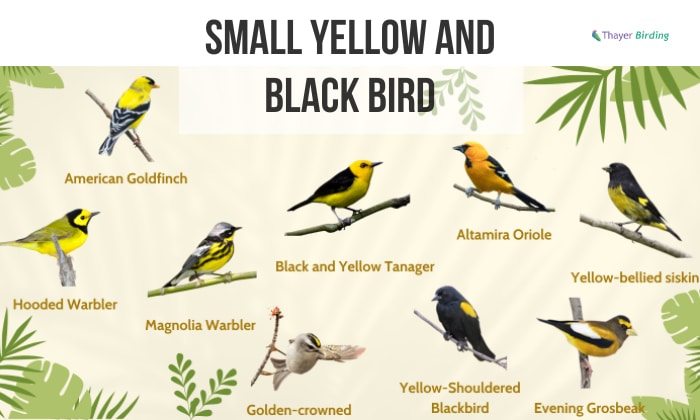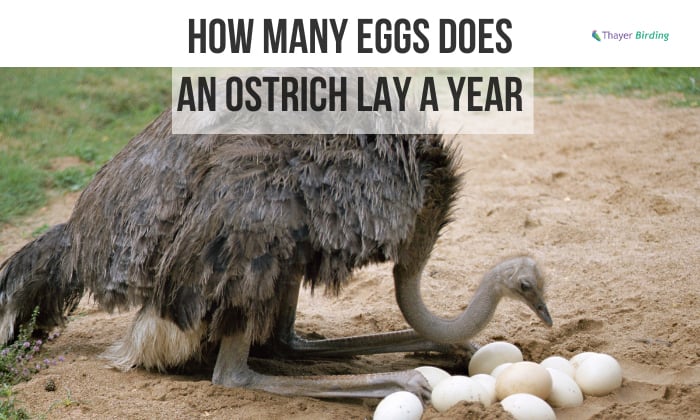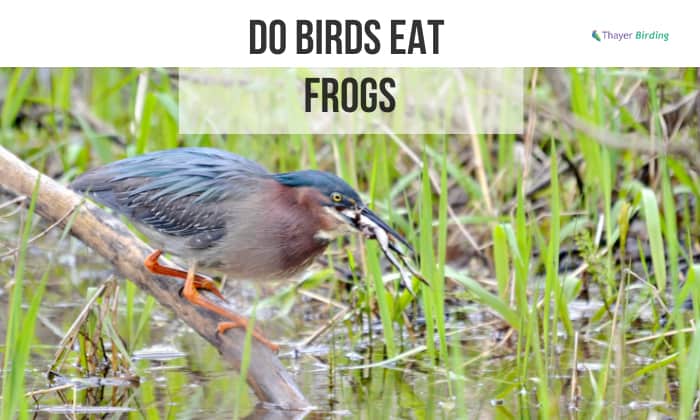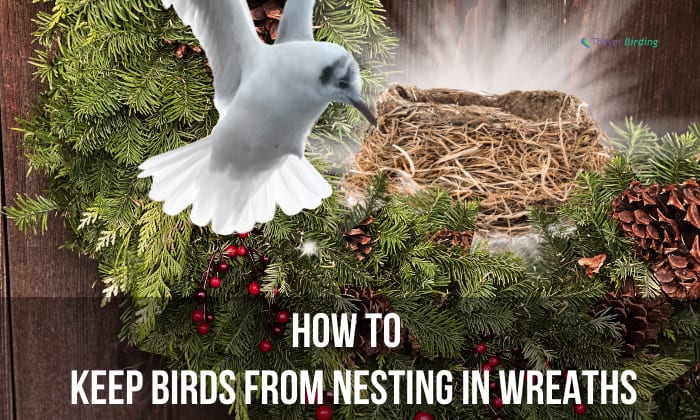Birds usually get sick when they have an improper diet or/or are stressed. When sick, birds can exhibit symptoms such as having fluffed feathers, lethargy, and a reduced appetite. That begs the question of how to treat a sick bird at home.
Nursing a bird back to health is no easy task, especially when resorting to treating your avian friend at home with bird medications. As you want to help your cockatiel or a wild bir to recover, love, care, and effort must be put in for a swift recovery.
Table of Contents
Step-by-Step Guide
What do you need when taking care of a sick bird?
You’ll need these things when taking care of a sick bird.
- A DIY hospital cage/cabin
- A blanket
- A way to apply some form of heat
- Two heavy bowls for water and food
- A stick for your bird to perch on
- A Thermometer
- Safe toys for your bird
Step 1: Create a Hospital Cage
If a bird is sick, it needs a hospital cage/cabin to safely and peacefully lie down to rest and heal.
You can use an unused cage, a large cardboard box or plastic box. Position the hospital cage in a room that is comfortably dim, far from noise, and, if you have children, away from children.
If you use a cardboard/plastic box, poke a few holes around it so air flows freely through it.
Step 2: Fully Set Up Your Hospital Cage
Now that you’ve placed your hospital cage in a suitable area, you need to start putting things in to house your bird.
Place down two bowls inside the hospital cage, these bowls need to be heavy so that when the bird hops on top of it, it doesn’t tip over.
Lastly, place down the stick for the bird to perch on, and put it low, close to the floor of the cage.
Maybe add some safe toys for it to play with while having to stay inside the hospital cage. Avoid toys that have the potential to crush or hurt your bird. If the toys hang on the wall, ensure they are fastened properly to avoid any possible accidents or injuries.
Once you’re done, transfer the sick bird into the cage.
Step 3: Place a Blanket Over the Hospital Cage and Provide Warmth
Cover a part of the cage with a blanket. And provide heat for your bird. Make sure that the temperature is around 22°C to 25°C. Use the thermometer to observe the cage’s temp.
There are multiple things that you can use to provide warmth to the hospital cage. Things like
- A light bulb that recreates the color of the midday sun
- A heat lamp
- A heat pad
These are all great choices for providing warmth for a sick bird. Remember that a parakeet can have different temperature requirements from a sick lovebird. So, make sure to regulate the heat.
Step 4: Keep Track and Care for the Bird
Ill birds are already under a great amount of stress. Here, it is also handy to take notes about how the bird is doing.
During this state, there are things that you must keep in mind while caring for a sick bird.
- Offer your bird the medications as prescribed by the vest. As your bird gets sick, you need to follow the directed medications to ensure a quick recovery.
- Do not force-feed a sick bird. Birds can very easily choke on their food. So, if you have a sick budgie or any sick bird, make sure they eat from their food bowls or very carefully through a syringe.
- Make sure that the enclosure is clean. Cleaning the hospital cage will help the bird stay stable while recovering. Wiping it down with bird-safe disinfectant soap and water will help keep the bird’s hospital cage sterile and free from harmful bacteria.
- Provide healthy and high-energy food. A sick bird is burning more energy than usual, trying to fight their illness.
- Keep the bird hydrated. Because we’re keeping a bird in a warm environment, we must keep the bird hydrated with water. Being a dehydrated bird will worsen its condition.
Helpful Tips
- Always consult an avian veterinarian when your bird gets sick.
Something that looks as simple as a parrot cold might be worse than it seems, or it could be the other way around. Avoid diagnosing your pet bird by yourself, especially when conducting home treatment.
- Approach a doctor when you get sick while taking care of your pet bird.
While it is important to understand that not all bird illnesses are transmissible to humans, there are outliers like chlamydiosis (aka parrot flu) or bird flu. If you ever start experiencing symptoms of these illnesses, immediately approach a doctor. You can’t take care of birds if you don’t take care of yourself first.
Conclusion
Birds can be awesome pets and companions. But there will always be the existence of common bird illnesses at home. So if your avian friend is dealing with an illness. Following these steps and tips about how to treat a sick bird at home will help with your bird’s quick recovery and also your own safety.

George and I became friends after a birdwatching trip with our new group. And we have been enjoying every adventure together. When he told me the idea of establishing a site that shares our experiences and fun, I immediately agreed. After trials and errors, here we have Thayerbirding.


